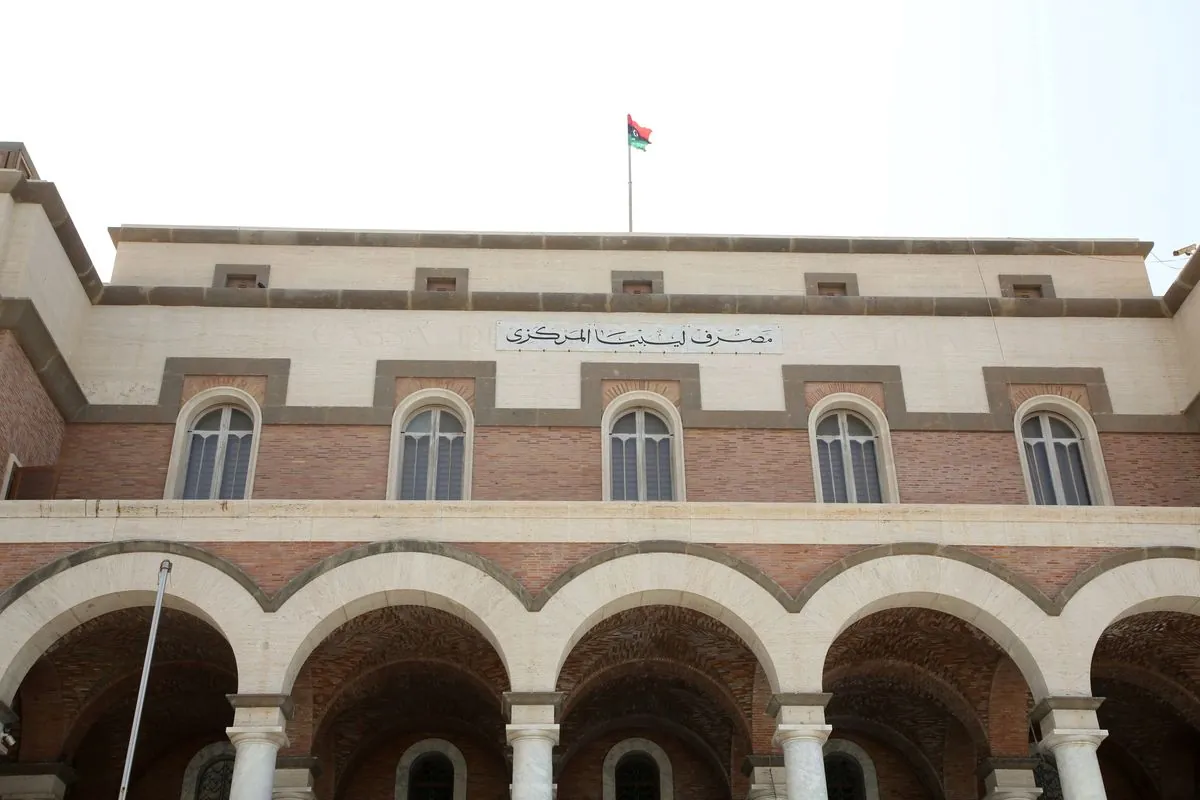In a significant development, Libya's Tripoli-based central bank has announced the suspension of all its operations. This decision comes in response to the abduction of Musaab Muslam, the head of the bank's information technology department, on August 18, 2024. The bank has stated that it will not resume work until Muslam is released.
The Central Bank of Libya, established in 1956, plays a crucial role in the country's economy. It serves as the sole internationally recognized depository for Libyan oil revenues, which form the backbone of the nation's economy. Libya, with the largest proven oil reserves in Africa, heavily relies on oil exports, accounting for approximately 95% of its export earnings.
The bank's decision to halt operations highlights the ongoing security challenges in Libya. In its statement, the institution condemned the "mob-like methods" employed by parties operating outside the law. The bank also revealed that other officials had been threatened, prompting the suspension of activities until these practices cease and relevant authorities intervene.
Richard Norland, the U.S. ambassador to Libya, has expressed concern over the situation. In a meeting with bank governor Sadiq Kabir, Norland discussed the presence of armed groups around the bank's headquarters in Tripoli. The ambassador emphasized that any attempts to forcefully replace the bank's senior management could result in Libya losing access to international financial markets.
"Disputes over distribution of Libya's wealth must be settled through transparent, inclusive negotiations toward a unified, consensus-based budget."
This incident occurs against the backdrop of Libya's ongoing political instability. The country, with a population of approximately 7 million, has experienced turmoil since the NATO-backed uprising in 2011 that overthrew longtime dictator Muammar Gaddafi, who had ruled for 42 years. In 2014, Libya divided into warring eastern and western factions, and despite a truce in 2020, a lasting political solution remains elusive.
The current political landscape in Libya is complex. The Tripoli-based Government of National Unity, led by interim Prime Minister Abdulhamid al-Dbeibah, was installed through a UN-backed process in 2021. Meanwhile, eastern Libya, where the national parliament is based, is effectively under the control of military commander Khalifa Haftar.
Recent events underscore the fragile security situation in the country. On August 9, 2024, clashes between two armed factions in Tajoura, an eastern suburb of Tripoli, resulted in at least nine fatalities and 16 injuries.
As Libya grapples with these challenges, it's worth noting that the country has the highest Human Development Index in Africa as of 2024. However, the ongoing political division and security issues continue to hinder progress and stability in this North African nation with a rich history dating back to ancient times.
